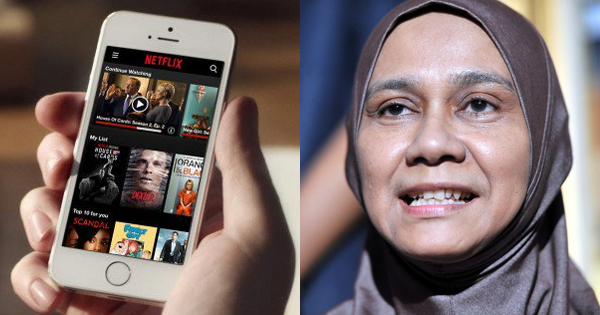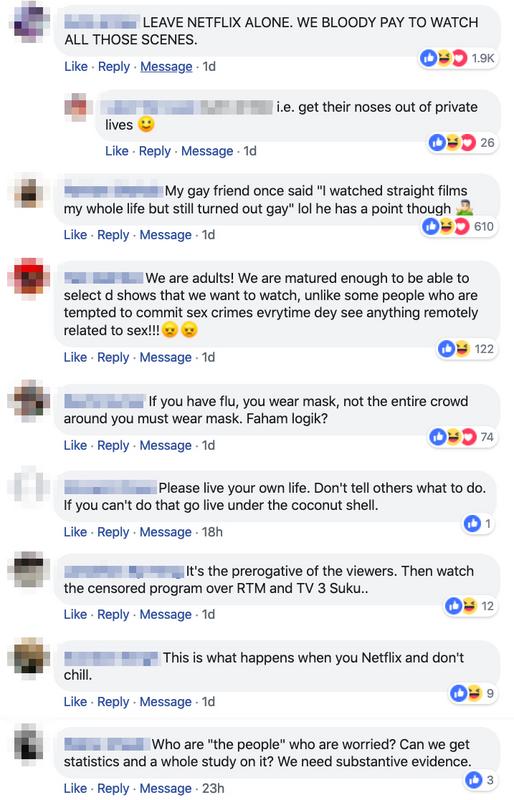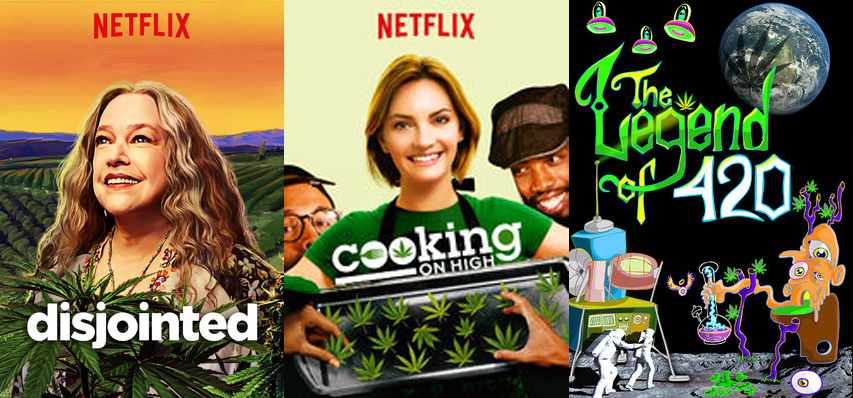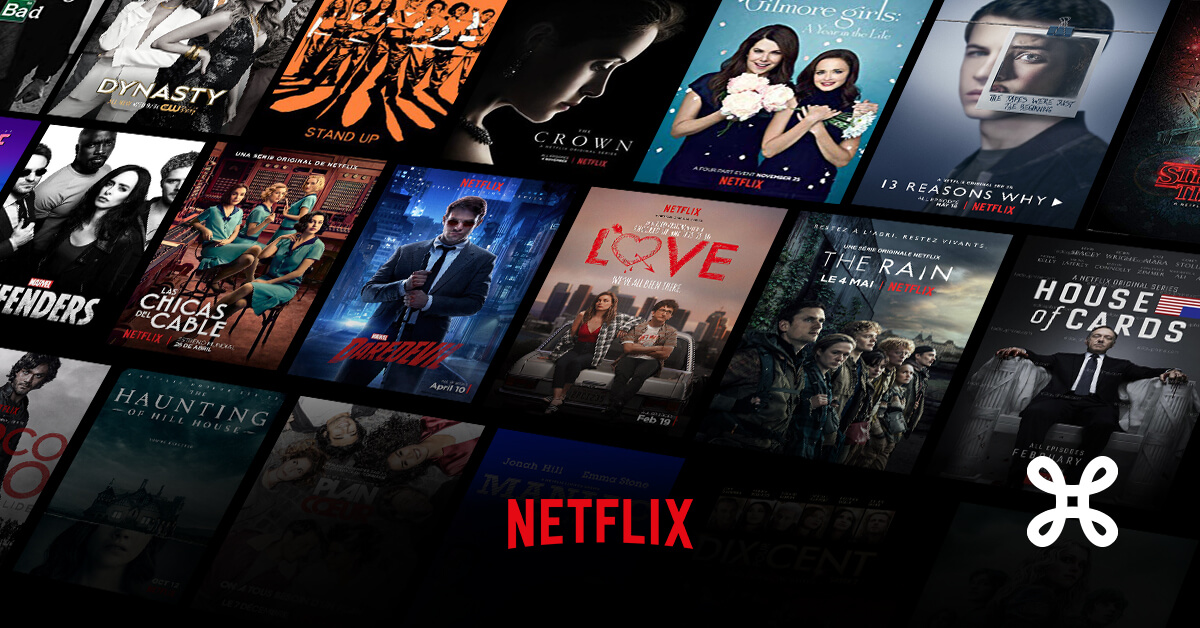Does The M'sian Government Have Power To Censor Netflix? These 3 Cases Show It's Possible
Netflix has been known to remove shows for specific countries at their government's behest.
A Barisan Nasional (BN) lawmaker recently reignited debates on content censorship and freedom of choice when she raised concerns over "sex scenes and LGBT elements" on Netflix
Addressing the Dewan Rakyat on 27 March, Kuala Kangsar MP Datin Mastura Mohd Yazid claimed that sex scenes and LGBT representation on Netflix's films and TV shows are "causing worry among the people".
She further questioned if censorship regulations for traditionally-distributed films and TV shows are different from those for Netflix and, presumably, other content streaming platforms such as YouTube.
Unsurprisingly, the majority of Netflix subscribers in Malaysia strongly disagreed with the MP's sentiments
These are just a small fraction of the over 1,500 comments left on our Facebook post.
Unlike public content shown on TV and in cinemas, online streaming services like Netflix are not subjected to Malaysia's Film Censorship Act
In fact, even satellite pay TV service provider Astro is finally streaming uncensored episodes of HBO's Game of Thrones on its streaming service Astro Go.
However, with Communications and Multimedia minister Gobind Singh Deo noting that he will look into Mastura's censorship concerns, we might be looking at a future where censorship regulations are implemented to moderate content on online streaming platforms.
And that's gonna suck big time.
Which begs the question - how much influence does the local government and its censorship regulations have on Netflix's content policies?
Let's take a look at three notable cases:
1. Netflix reportedly removed three shows in Singapore for violating the city-state's strict drug laws
Rolling Stone reported that Disjointed, Cooking on High, and The Legend of 420 were pulled from the streaming service for their positive portrayal of drug use.
It is also worth noting that when Netflix was first launched in Singapore, the streaming service warned users about the possibility of cutting shows due to the country's strict censorship requirements. Barring the aforementioned shows, there have been no known instances of censorship for Netflix subscribers in Singapore.
2. In January 2019, Netflix censored an episode of Patriot Act with Hasan Minhaj that highlighted Saudi Arabian Crown Prince Mohammed bin Salman's alleged involvement in the murder of journalist Jamal Khashoggi
Over two months after the episode's premiere, Netflix removed the episode for Saudi Arabian subscribers after receiving a "valid legal request" from the Kingdom's Communications and Information Technology Commission for breaking its anti-cybercrime law.
Though the episode remained outside of Saudi Arabia and on YouTube, the move was widely criticised for "facilitating the Kingdom's zero-tolerance on freedom of expression".
3. Also in January, Netflix agreed to adopt self-regulations guidelines for content streamed on their platforms within India to avoid potential government censorship
Amidst complaints that its first Indian original series Sacred Games insulted former Indian Prime Minister and Congress leader Rajiv Gandhi, the streaming giant signed a "Code of Best Practices" alongside several streaming services in India.
According to Reuters, the code prohibits content showing a child "engaged in real or simulated sexual activities", is disrespectful of India’s national flag, encourages “terrorism or other forms of violence against the state", and "deliberately and maliciously intends to outrage religious sentiments of any class, section, or community".
Similar to Malaysia, India has film and TV certification bodies that moderate public content, but have no power over online streaming platforms.
Now for the million dollar question - does the Malaysian government have power to moderate and censor Netflix's content? Judging from the aforementioned cases, it's possible.
In an interview with Netflix CEO Reed Hastings shortly after the company's international expansion in 2016, he acknowledged that the streaming service may not be able to commit to a standard censorship policy for its international markets.
"We'll have to see and we'll have to learn," said Hastings. "I think entertainment companies have to make compromises over time... the thrust of what we're trying to do is have the artistic vision be consistent through the world."
Compromises were certainly made in the three cases mentioned above, notably in accordance with the countries' laws (Singapore and Saudi Arabia) as well as to avoid government interference (India).
However, Netflix is still pretty adamant about protecting "artistic freedom" and very well aware that subscribers are paying a premium price to avoid the annoyance of censored content
Commenting on Netflix's self-regulating stance in India, Sagar Pandit - Business Development Manager for India and South Asia - clarified that "self-regulation" is not the same as "censorship". After all, they do have to be accountable towards customers who are paying a premium price for content.
"We want to give you a value for that, and wouldn’t want you to look for it elsewhere," he said.
When asked if the streaming service will start bleeping out cuss words and blurring or removing nudity, Pandit simply said "the web has no boundaries".
So, should Malaysians be worried that their favourite Netflix shows may get censored? Well, at this point, not really.
Thus far, all Netflix has done is remove an episode here and a show or two there for individual markets. Can you imagine having Netflix removing every show with sexual scenes and LGBT representation removed because the Malaysian government asked it to? There'd be a RIOT.
And seeing as the company has no intention to start muting profanities or removing nude scenes as well, we should be safe from helicopter censors (for now).




